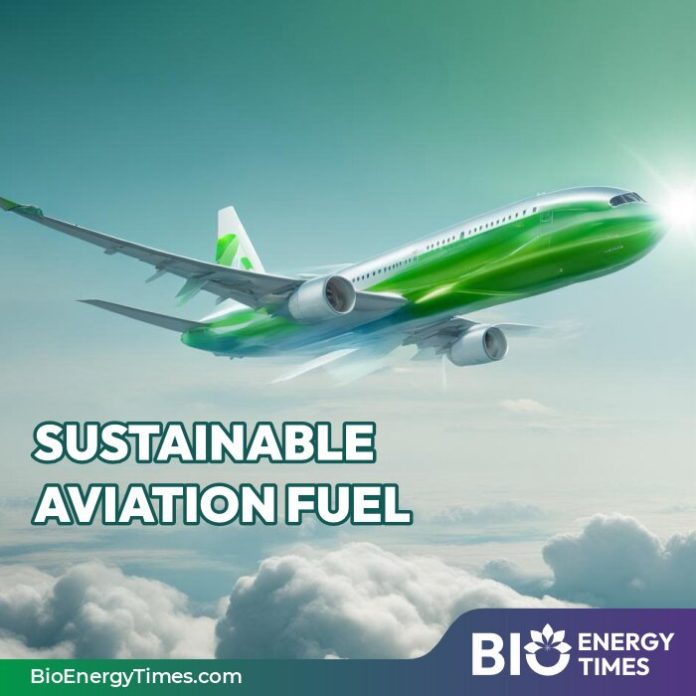Boeing and Wagner Sustainable Fuels have signed a Memorandum of Understanding (MoU) to advance sustainable aviation in Australia by collaborating on the growth of the sustainable aviation fuel (SAF) industry to meet the increasing demand for jet fuel by Australia’s airlines.
According to Boeing, Australia’s airline demand for jet fuel is projected to increase by 75 per cent over the next 25 years.
Kim Camrass, Boeing’s sustainability lead for Australia, New Zealand & South Pacific, emphasized the alignment of Wagner’s sustainability goals with Boeing’s efforts to promote aviation decarbonization and energy security through renewable energy, including SAF, advanced technologies, operational efficiency, and fleet renewal.
“Our agreement represents progress towards implementing the recommendations outlined in the Boeing/CSIRO SAF Roadmap,” Camrass noted.
Boeing highlighted that the 2023 SAF Roadmap identified Australia’s strategic position to develop a domestic SAF industry by scaling up SAF production, reducing costs, and investing in research and development to support emerging technologies.
“We are collaborating closely with the Australian Government’s Jet Zero Council to address the challenges associated with building a domestic SAF industry, such as feedstock availability, supply chain constraints, and alignment with international standards,” Camrass added.
Wagner Sustainable Fuels is currently designing and constructing Australia’s first continuous supply of SAF at the Wellcamp Airport in Toowoomba, Queensland, to blend SAF in accordance with international aviation regulations.
Matt Doyle, CEO of Wagner Sustainable Fuels, highlighted the greenhouse gas emissions reduction benefits of SAF and emphasized the potential of the Wellcamp blending facility to showcase SAF benefits to customers and policymakers, while introducing the supply chain to this burgeoning industry.
“We are proud to contribute to the establishment of a sovereign SAF production industry with this Australian-first facility and anticipate that by the end of 2024, this facility will mark the beginning of consistent SAF supply in Australia,” Doyle stated.
Boeing underscored that SAF is produced from renewable sources such as agricultural waste, animal fats, vegetable oils, and municipal solid waste, significantly reducing carbon emissions over the fuel’s lifecycle compared to conventional jet fuel, thereby offering a more sustainable alternative for aircraft propulsion.















